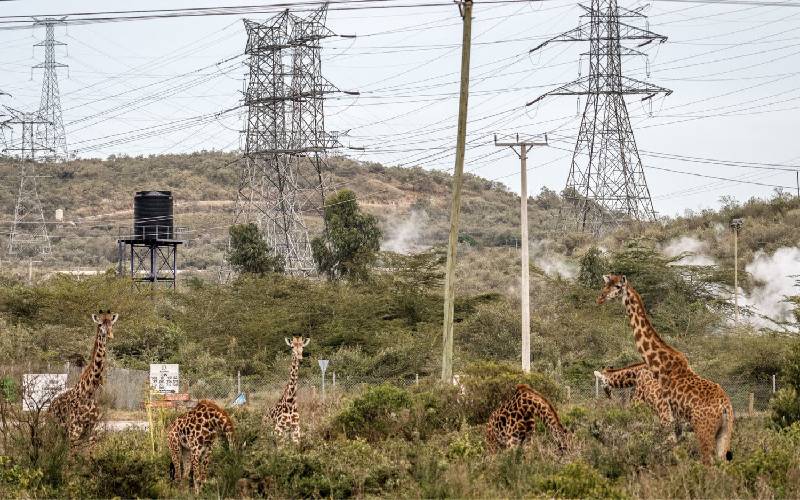×
The Standard e-Paper
Join Thousands Daily

High operating costs last year significantly eroded the earnings of firms operating in the Economic Processing Zones (EPZs), a State agency has said.
Among the items that registered a major spike for the companies, according to the EPZ Authority Chairman Paul Gacheru, included power costs, which rose 22.7 per cent mainly on the back of a prolonged dry spell.